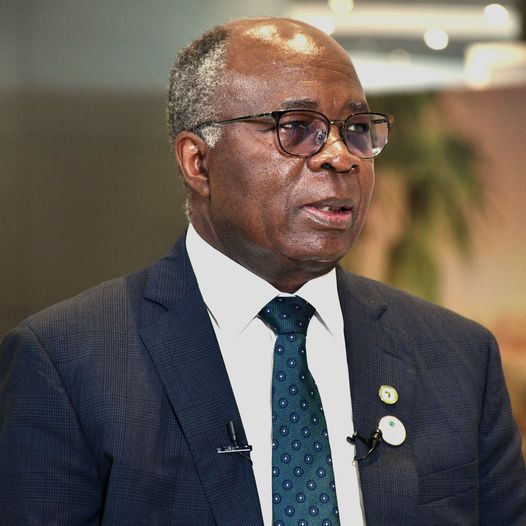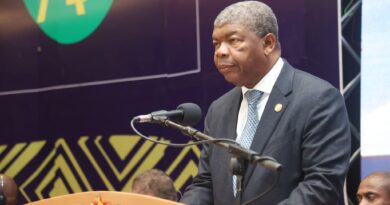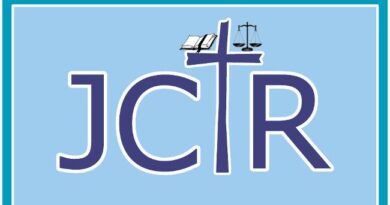Government Allocates K11.6 Billion for Developmental Initiatives, Public Services, and Debt Settlement
The Ministry of Finance and National Planning disbursed K11.6 billion in November 2023. The funds are allocated for various developmental programs, public service delivery, debt service, arrears, and wages, reflecting the government’s commitment to balanced economic priorities.
According to Dr. Situmbuko Musokotwane, the Minister of Finance and National Planning, the disbursement breakdown includes K2.6 billion for transfers, subsidies, and social benefits, K874.3 million for developmental programs, and general operations, and K998.9 million for capital expenditure. Additionally, K3.9 billion was allocated for the public service wage bill, while K3.3 billion went towards both domestic and external debt payments.
The breakdown of the K2.6 billion for transfers and subsidies includes significant allocations:
- K941.4 million for the Constituency Development Fund (CDF), supporting community development projects and youth and women empowerment programs.
- K395.2 million for the Social Cash Transfer program.
- K278.1 million for the operations of public hospitals and grant-aided institutions.
- K16.2 million to the Public Service Pension Funds.
- K115.1 million for the operation of public universities, student loans, and scholarships.
- K111.6 million to the Local Government Equalization Fund.
- K315.6 million as a grant to the Zambia Revenue Authority (ZRA) to support operations and resource mobilization.
Furthermore, K450 million was released for the Farmer Input Support Programme (FISP) to bolster the agriculture sector, emphasizing productivity, value addition, and market linkages.
Dr. Musokotwane highlighted the government’s commitment to reducing indebtedness and achieving sustainability, allocating K3.3 billion for debt payments. He reiterated that in 2024, financing will be mobilized according to the Annual Borrowing Plan approved by Parliament to address the financing gap.
For public service wages, he said that the government spent K3.9 billion, ensuring timely payments. Plans for the next year include recruiting 10,400 additional public service workers to improve staffing levels, with a focus on education and health sectors.
Despite accomplishments, Dr. Musokotwane notes that the government acknowledges challenges such as job creation pace, cost of living, and infrastructure development.
The minister emphasized the administration’s dedication to multi-sectoral economic transformation programs to address these issues systematically.
Encouraging citizens to explore business opportunities through support programs, the government emphasizes efficient, transparent, and quick facilitation of private sector investments, embracing growth opportunities through Foreign Direct Investments and Public-Private Partnerships.



